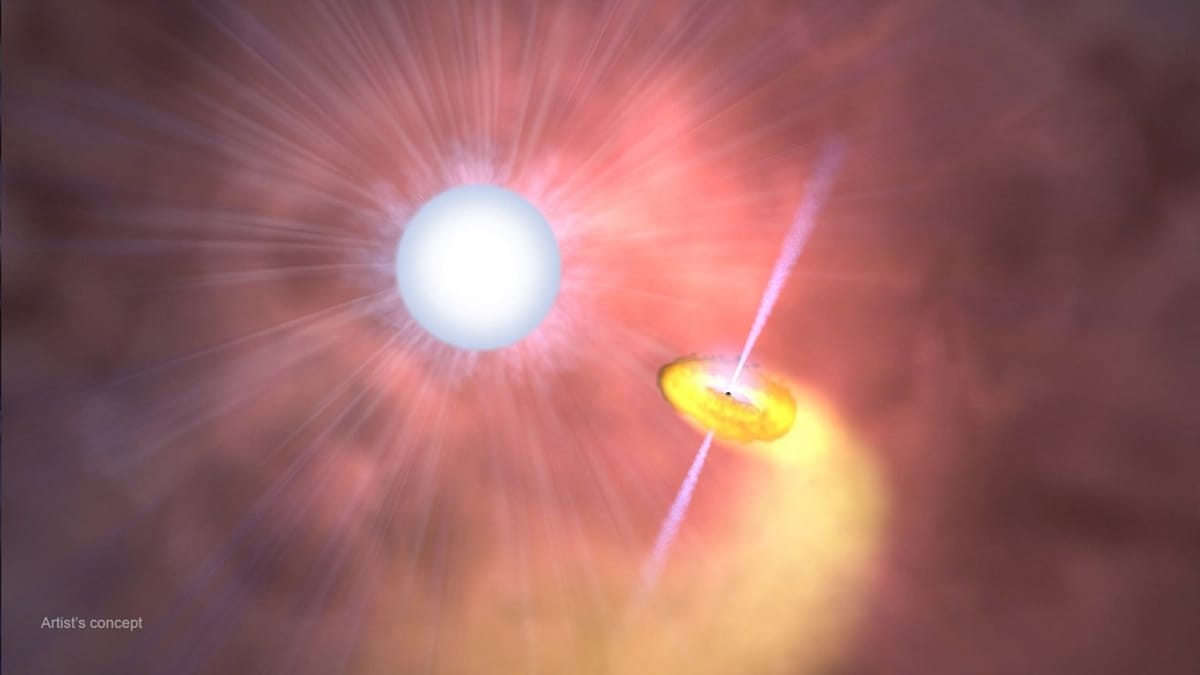A brand new evaluation of Cygnus X-3, a particular stellar system, has been produced by XRISM (X-ray Imaging and Spectroscopy Mission), a collaboration led by the Japan Aerospace Exploration Company (JAXA) with participation from NASA. By inspecting X-ray emissions from this distinctive binary system, XRISM has offered astronomers with the clearest depiction to this point of the energetic fuel flows at work.
Intriguing Traits of Cygnus X-3
The system consists of a high-mass Wolf-Rayet star and a probable black gap, making it some of the regularly studied objects in X-ray astronomy, detailed NASA.
Ralf Ballhausen, a postdoctoral affiliate on the College of Maryland and NASA’s Goddard Area Flight Heart, commented on the significance of the system’s Wolf-Rayet star, noting its sturdy stellar winds that launch fuel outward in an announcement to NASA.
The compact companion throughout the system attracts in a few of this materials, heating it to emit high-energy X-rays. With the assistance of XRISM’s Resolve spectrometer, scientists can now observe the intricate fuel dynamics concerned on this course of, capturing particulars beforehand unavailable.
XRISM’s Resolve Instrument Reveals New Spectral Particulars
Timothy Kallman, an astrophysicist at NASA Goddard, highlighted the significance of Cygnus X-3 for XRISM’s observations, describing it as a great object for the mission’s capabilities on account of its applicable brightness inside XRISM’s power sensitivity vary on NASA’s official web site.
The observations, taken over 18 hours, reveal a spectrum indicating complicated fuel dynamics, together with outflows from the Wolf-Rayet star and interactions with the probably black gap.
Doppler Impact Offers Clues on Gasoline Motion
As a result of fast motion of fuel throughout the system, sure options of the X-ray spectrum have been shifted in power—a phenomenon defined by the Doppler impact. Brian Williams, NASA’s venture scientist for the mission, famous that this impact has allowed researchers to look at high-velocity shifts that make clear the star’s stellar wind dynamics, absorption patterns, and doable black gap traits.

